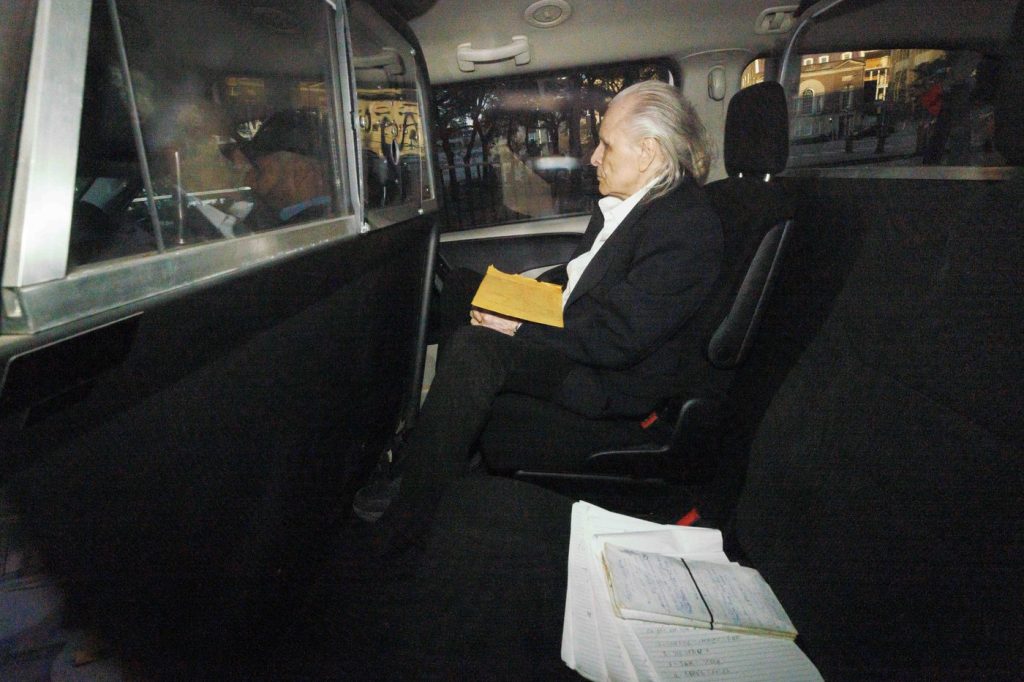A recent development in the case against former fashion mogul Peter Nygard has led to a Winnipeg judge staying charges related to sexual assault and unlawful confinement. The decision marks a significant turn in a legal saga that has captivated public attention, primarily due to the high-profile nature of Nygard's career and the serious allegations leveled against him.
The judge's ruling follows a legal argument presented by Nygard's defense team, which contended that substantial errors were made during the police investigation. According to the defense, these alleged missteps were serious enough to warrant the dismissal of the charges. The arguments focused on claims of police bungling, which could point to failures in properly collecting evidence, adhering to investigative protocols, or maintaining communication with relevant parties involved in the case.
The implications of the judge’s ruling are profound, not only for Nygard but also for the broader context of sexual assault and unlawful confinement cases. Nygard, who once enjoyed a successful career in the fashion industry, has faced numerous allegations over the years, which has drawn significant media coverage and public scrutiny. The handling of his case raises critical questions about the efficacy of law enforcement in managing sensitive investigations involving serious allegations.
As the case unfolds, legal experts have various opinions on the ramifications of this decision. While some believe it highlights the necessity for police departments to ensure thorough and meticulous investigative processes, others see it as a potential setback for victims of sexual crimes, who may feel discouraged in seeking justice. The case continues to unfold, and the reactions from both the public and advocacy groups may significantly influence future discussions on legal procedures surrounding sexual assault allegations.
Furthermore, this development has stirred debates on how the justice system negotiates the balance between due process rights for the accused and the need to protect those who come forward with allegations of sexual misconduct. The complexities in such cases often lead to challenging dynamics that can influence not just the outcomes of individual cases, but also public perception of the legal system's commitment to justice and accountability.
As the community awaits further updates, the legal teams involved are likely preparing for possible future legal motions or appeals, continuing the lengthy process that these cases often entail. The situation remains fluid, and more details are expected to emerge as both sides prepare for the next steps in the legal proceedings.
In summary, the decision to stay charges against Peter Nygard based on claims of police mishandling opens up significant dialogue around the handling of sexual assault cases within the legal system. Stakeholders from various sectors, including legal experts, advocacy groups, and the public, will undoubtedly keep a close watch on how this case progresses and its wider implications for similar cases in the future.











